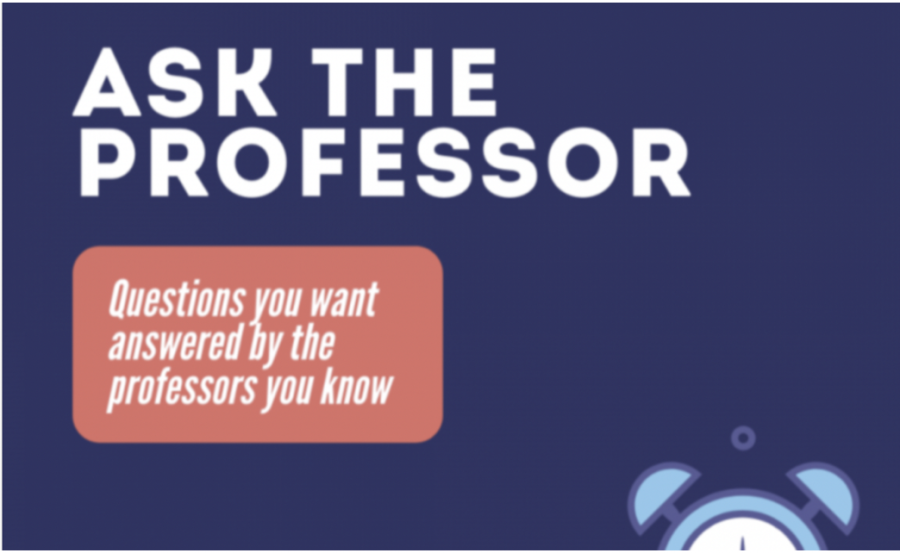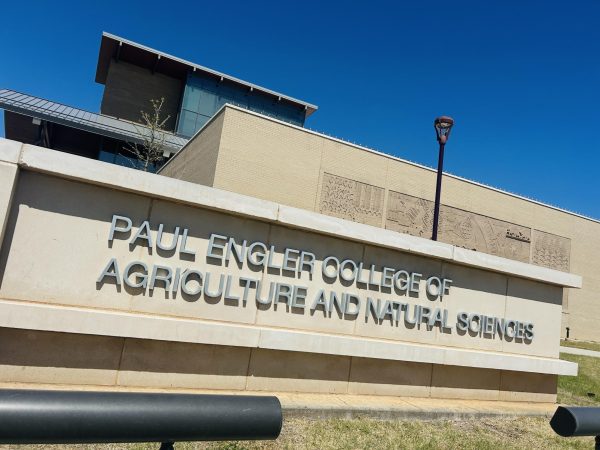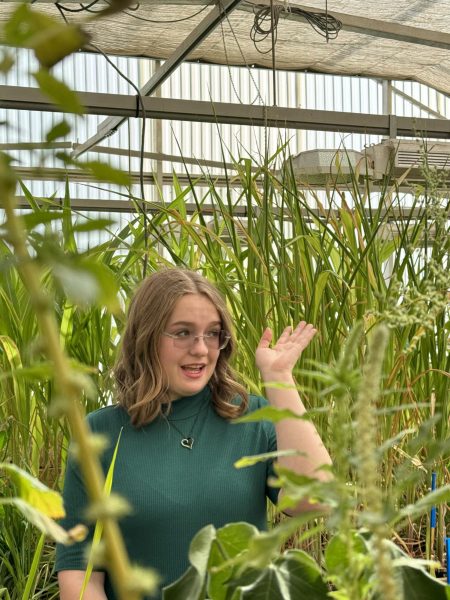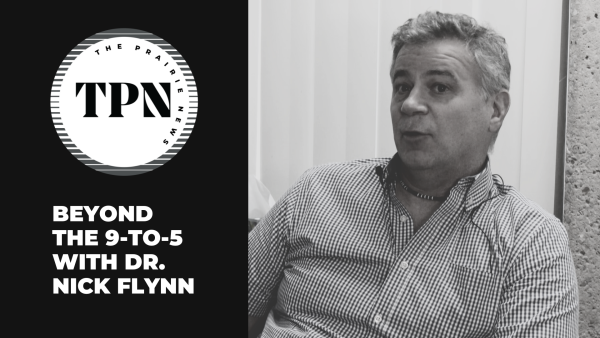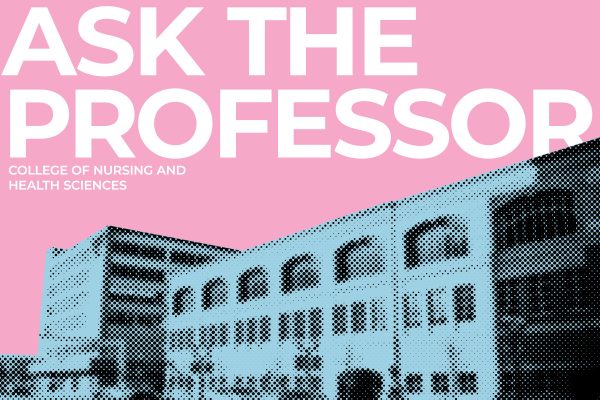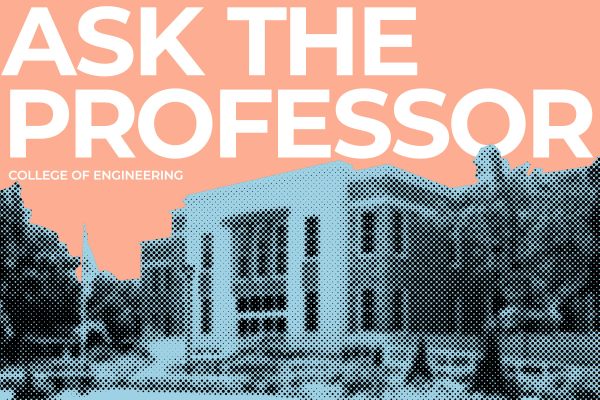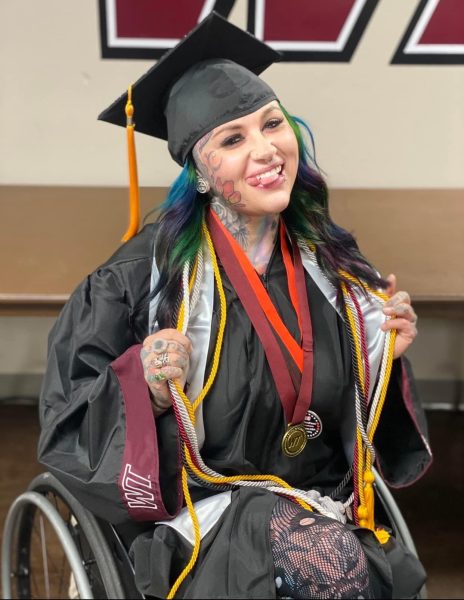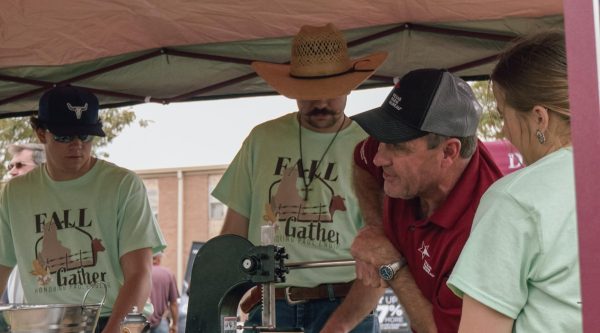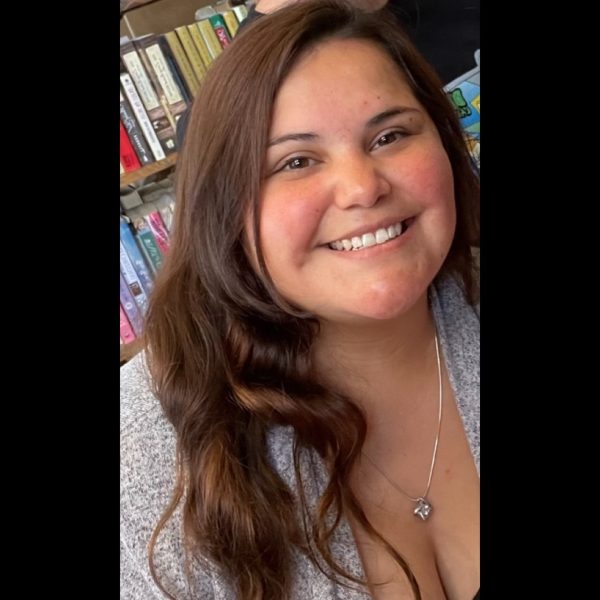Ask the Professor: Assistant Professor of Agricultural Business and Economics, Dr. Arnold
Dr. Arnold’s research involves the relationship between landowners and tenants, focusing on farmland leasing and management. She completed her dissertation at Kansas State University, where she completed the research.
The research began as a focus group on landowners, and Dr. Arnold’s professor at the time had completed a lot of work with the Farm Bill, which addresses programs such as historically underserved producers and rural development – leading into the research on tenants and farmers.
“I went to school at Kansas State University,” Dr. Arnold said. “My professor there did a lot of stuff with the Farm Bill, and then also tenants and landowners. We did a focus group with landowners. In the Great Plains, and really just the Midwest region, you have more farm acres than you have people. Land continually goes up in price, and as time went on, you hear this talk of young producers needing help as more are getting a college education.”
Producers are involved in agricultural production, including farming and ranching.
“A lot of the [producers] have to get money to then slowly buy into their family’s operation or buy their own operation,” Dr. Arnold said. “We did a focus group with landowners, and they’re like, ‘we want to help producers, we really want to get this going,’ and then we [gave them] a question, ‘who do you lease to, a 30-year-old or a 60-year-old?’ None of them selected the 30-year-old. Part of my dissertation at Kansas was getting into that.”
Economics is a social science that involves studying the movement of money and its relationship to people.
“It’s this idea of social capital,” Dr. Arnold said. “How much does knowing the right people, or knowing maybe the skill or the trade, have to do with the ability to lease because it’s pretty crucial. Most of the time, when you work with somebody, if it’s a good relationship, it’s long-term. I haven’t gotten to do as much in Texas yet; Texas is going to be slightly different.”
Dr. Arnold specified that we could not generalize about the best economic practices because economic practices depend on the business size, the location and the people involved.
“Anytime I give an example in class from my research or pull USDA [The United States Department of Agriculture] data,” Dr. Arnold said. “You’ll have a kid who will raise their hand. ‘We don’t do that.’ And I love that, because then I can ask, ‘Why doesn’t your family do that?’ I love bringing in real-world [examples].”

My name is Victoria Fatiregun. I am in my senior year here at WTAMU. I am an English major and I am keen on entertaining the advertising and marketing...



